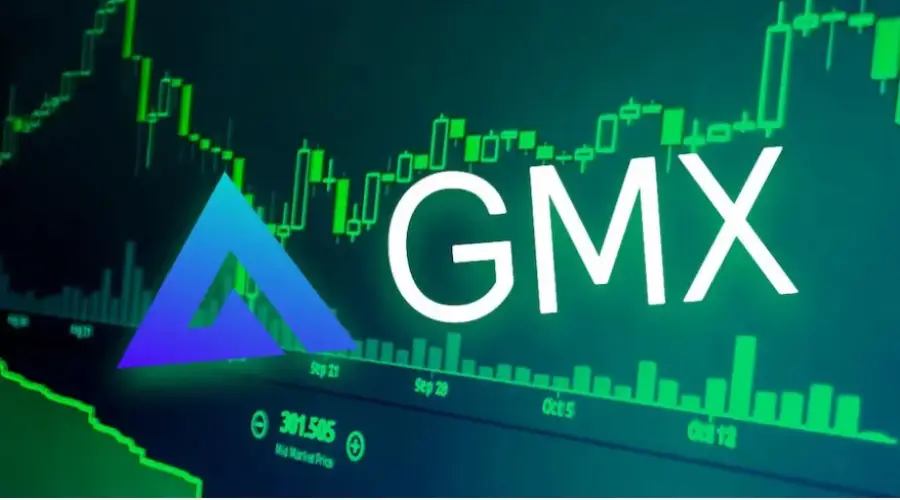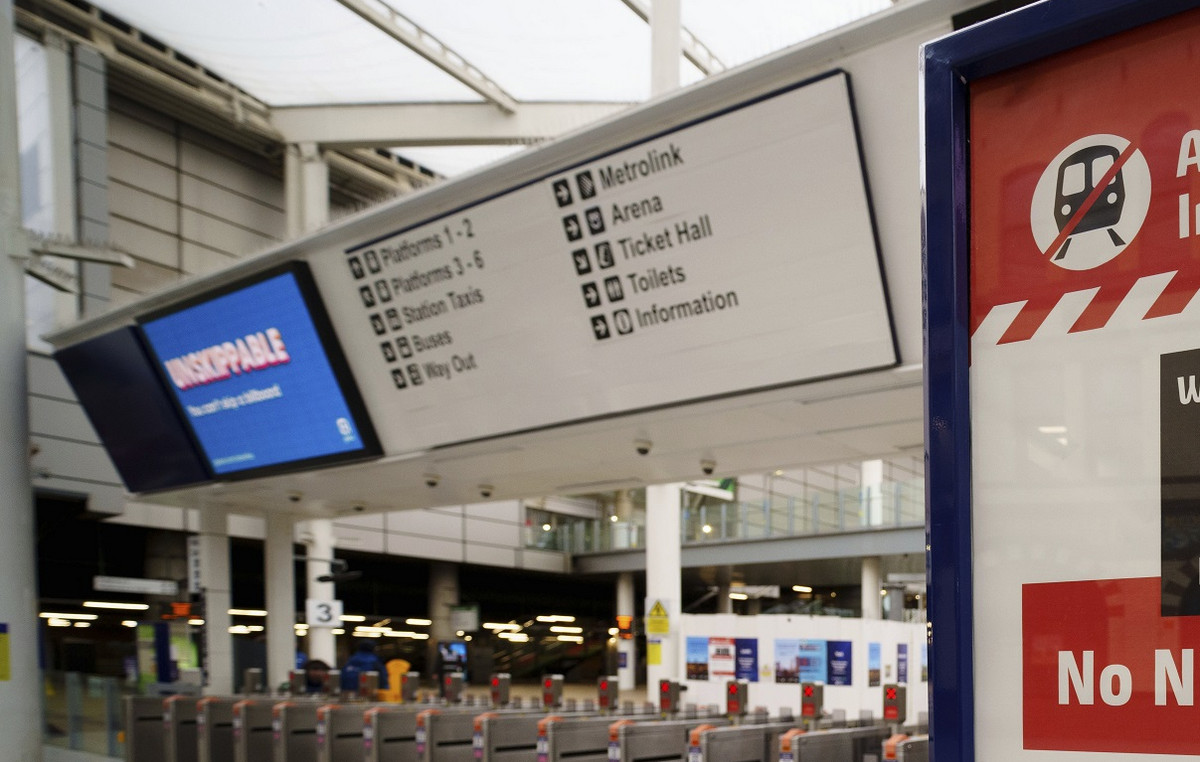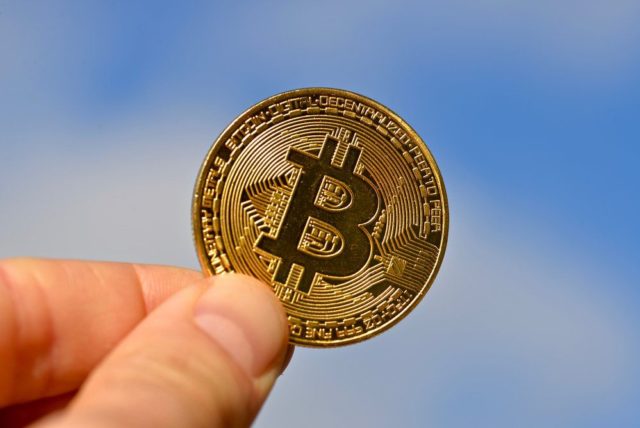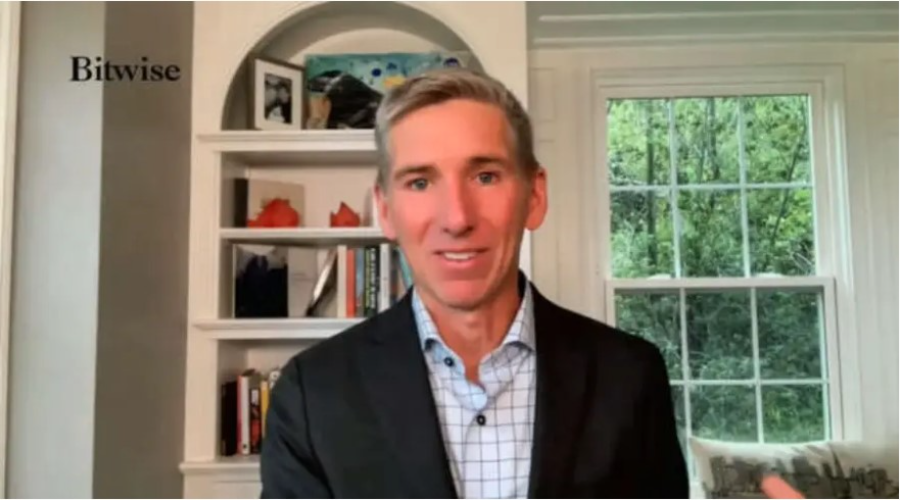New home sales fell 17% from March to April, according to data released last week, according to Handelsblatt. Experts expected a reduction of only 2%. Compared to the previous year, the minus was even around 27% – another sign that the overheated housing market is cooling.
Economists do not expect a crash like in 2008, when problems in the US real estate market caused a global financial crisis. On the contrary, it will move steadily downwards, believes Whitney Tilson, founder of Empire Research.
Experts cite the rising construction costs as well as the significant increase in mortgage rates as reasons for the rapid decline. Sales of existing homes also fell in April for the third straight month. The minus 2.4% dropped the market to its lowest level since June 2020. Fortune magazine speaks of a “big slowdown” in house prices.
The threat of interest rate reversals fueled the bidding war
The housing market has been on fire for the past two years due to the effects of the pandemic: On the one hand, the trend towards home offices has led to office workers moving from large cities to suburbs to smaller cities such as Austin and Denver. and Boyce in Idaho, USA. This further reduced the already limited supply in the market and led to an increase in prices.
For the past two years, the American housing market has been running faster than ever. Prices rose by 34%, even faster than in the years before the bubble burst in 2008. Last year alone they rose by almost 19% and rents also followed suit. And rising housing costs, in turn, are a major driver of inflation, and when they rise, it takes a long time for them to fall back.
The stock markets, which were constantly reaching new records, fueled supply wars and caused panic in the real estate market in recent months. When interest rate fluctuations were already predictable, prices rose particularly rapidly because many Americans still wanted to ensure relatively good conditions.
Meanwhile, the Fed’s rate hike is now having an impact on the most diverse sectors of the US economy. The stock markets have already collapsed since the beginning of the year. The Dow Jones industrial average has lost 11%, while the broader S&P 500 index has fallen 15%. The Nasdaq tech stock market, which has been hit hard by rising interest rates, has fallen about 26 percent.
The American labor market is cooling: Recruitment freeze and layoffs
More and more tech companies and start-ups are talking about recruitment freezes and layoffs. “We’re going to see hundreds of thousands or even millions of layoffs in the exact same sector of the economy that has been on the rise since 2008,” said Scott Galloway, a technology critic and professor at New York University. “It will become ugly for the unicorn generation.” This will also be reflected in the housing market.
Guided by the reversal of interest rates, many experts expect a turmoil in the market of technology companies.
Already, first-time buyers are “discouraged by the rising cost of building a home and high mortgage rates,” says Yelena Maleyev, an economist at US consulting firm Grant Thornton. “The average mortgage payment is already $ 500 higher than last year. In the spring, the prospect of rising interest rates gave the market a new impetus. But now, more and more buyers are holding back.”
At the same time, fewer and fewer Americans wanted to buy bigger homes or vacation homes. The number of mortgage applications fell by twelve percent from April to May – another sign of a slowdown.
New constructions: significantly less constructions than in 2008
This is a delicate experiment that the central bank is currently conducting in the housing market. This is traditionally a good way to fight inflation. Mortgage rates react strongly to an increase in the key interest rate. This makes mortgages more expensive, reduces demand and then ultimately house prices.
However, in the years after 2008, much less was built, so the demand for housing is particularly high. And in times of rising interest rates, many homeowners are reluctant to sell their home and take out a new, more expensive mortgage.
The country’s top central bankers are also aware of their own experience. Fed Governor Christopher Waller, for example, has billed himself outside the Washington housing market, he told the Wall Street Journal. He had sold his house in St. Louis to “someone who paid in full and resigned from the inspection. Then I tried to buy a house in Washington and it’s just crazy.”
Waller will “monitor the housing market even more closely” in his monetary policy decisions, he said, noting the worrying long-term trend: the average household had to spend even in the early 1970s to spend 24% of income on rent or mortgage payments. In 2019, the percentage was 35% and this year “the percentage will be even higher”. It is unclear, however, how much the Fed can actually slow down the housing market.
The US Federal Reserve had raised its key interest rate by 0.5 percentage points to 0.75 to 1.00% in its most recent meeting. It was the second rate hike since the start of the Corona pandemic – and the first 0.5 percentage point increase in 22 years.
Europe: Experts expect the real estate boom to end soon
Central bankers in Europe are also keeping a close eye on the current slowdown in the US real estate market. In the euro area, the European Central Bank has not yet raised interest rates for the first time. Observers expect the first rate hike in July. However, construction interest rates have already almost tripled from about 1% to 2.8% since early January.
Therefore, experts also expect that the boom in the real estate market in Europe will end. According to price estimates from the Immowelt portal, market prices will remain stagnant or fall slightly in ten of Germany’s 14 cities with more than 500,000 inhabitants by December this year.
Fed Governor Waller did not want to expect this in the US. In the meantime, he quit house hunting and signed a lease for an apartment.
Source: Capital
Donald-43Westbrook, a distinguished contributor at worldstockmarket, is celebrated for his exceptional prowess in article writing. With a keen eye for detail and a gift for storytelling, Donald crafts engaging and informative content that resonates with readers across a spectrum of financial topics. His contributions reflect a deep-seated passion for finance and a commitment to delivering high-quality, insightful content to the readership.







